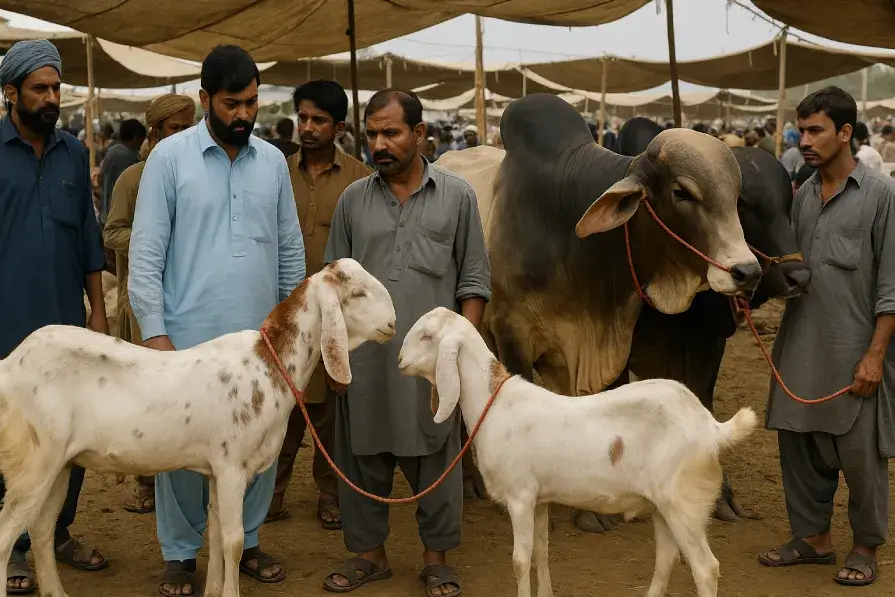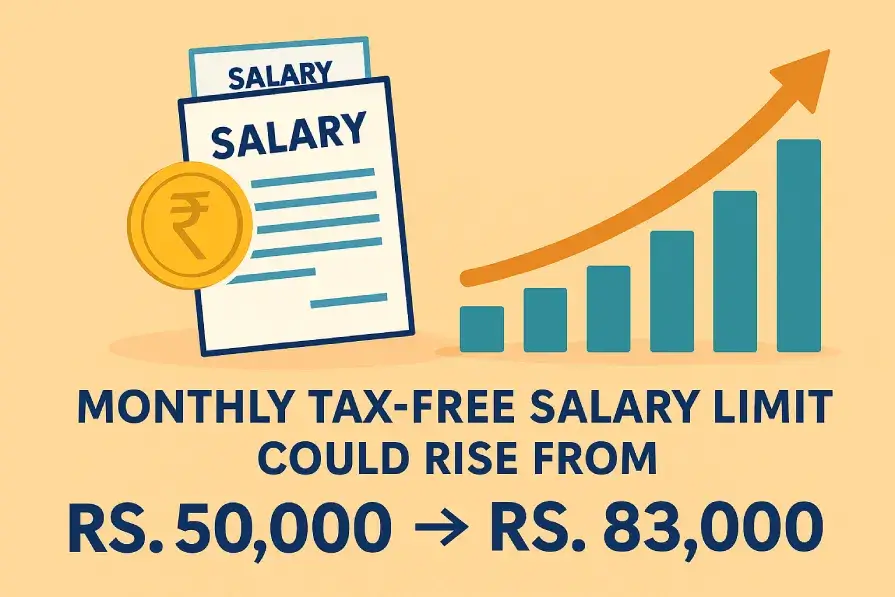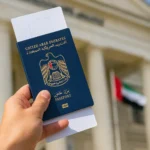President Zardari Signs Law Banning Child Marriage Under 18 in Islamabad

For the first time in Pakistan, child protection and human rights are being supported with the signing of the Islamabad Capital Territory Child Marriage Restraint Bill by President Asif Ali Zardari. The new law is essential in working to end the practice of child marriage in Pakistan.
Because of this act, NGOs have more power to help young girls, the group that experiences early marriage most commonly. The law’s enforcement is meant to protect children from beginning adult-like duties early in life and from risks that may harm their health.
A Milestone in Child Protection
After the signing of this new law, people in the Islamabad Capital Territory (ICT) are not allowed to marry anyone younger than 18. Officials have explained that the measure is meant to protect the children, not target religions.
The bill was talked about for years before finally passing both the National Assembly and the Senate, despite some religious groups opposing it. Advocates of the bill argued that it fights against injustices, mostly towards young girls who miss out on their education and get married pre-teen.
Learn More: UAE Embassy Introduces New Visa Entry Rules for Pakistani Applicants from June 2, 2025
Strong Resistance Met with Stronger Resolve
Some conservative groups challenged the bill as it was being debated. Several critics argued that the job of governing marriage should belong only to religious institutions. Still, lawmakers and human rights activists strongly supported the bill by explaining that child marriage can damage a person’s health, chances in school, and individual rights.
Supporters pointed out that early marriages can increase the risks of health complications during pregnancy, reduce the chance to learn, and result in emotional distress. This move by the law to set 18 as the legal marriage age keeps Pakistan in line with international rules for children.
Reactions from Civil Society and Activists
Human rights groups, women’s organizations, and child protection groups have given the law positive recognition. It was seen by many people as a big win for helping girls go to school and giving women more rights in Pakistan.
Organizations in civil society believe the ban will decrease early pregnancies, allow more girls to stay in school, and support better gender equality. Leading activists used social media discussion platforms to call the shift a turning point, asking other provinces to adopt Islamabad’s position.
Learn More: Olympic Gold Medalist Arshad Nadeem Qualifies for Asian Athletics Championships Final with 86.34 Meters Throw
Applicability: Only in Islamabad (For Now)
Islamabad is the only area where the law currently applies. Many people believe that this will encourage other provinces to pass similar laws. Although Sindh has a law making 18 the legal marriageable age, not all provinces have set age restrictions as high.
To really get rid of child marriage, experts have highlighted the need for Pakistan to adopt similar laws throughout the country. They think this law could start a process of reform across the entire country.
International Commitments and Global Image
Pakistan belongs to a number of worldwide agreements, like the Convention on the Rights of the Child (CRC) and the Convention on the Elimination of All Forms of Discrimination Against Women (CEDAW). By creating this law, the country is achieving a key promise made to the world community.
This action should also increase confidence in Pakistan worldwide as it takes prominent actions to support children’s rights and gender equality.
Focus Now Shifts to Implementation
A law being passed is just step number one. The main problem is successful enforcement. It is planned that increased awareness campaigns will be held for both the general public and police about the new law on marriage.
Such training and outreach activities will be available to make sure rural and less accessible areas understand what this law does. Authorities are putting together a method that will allow them to report and stop child marriages before they take place.
A Safer Future for Girls in Pakistan
Marrying early usually ends a girl’s education soon, creates more health problems, and reduces her chances to earn a living. This law tries to allow girls extra time to develop, study, and decide for themselves what they want in life.
It works together with attempts to decrease gender-based violence, give more power to women, and keep girls safe from abuse. It gives everyone a way to finish their education, imagine great dreams, and help build society.
Public Support Is Key
The success of the law will depend a lot on how public members view the issue. Marriages that take place before a person is 18 in Pakistan are often encouraged by culture, pressure to marry young, or traditional beliefs. Letting more people know about the serious problems linked to child marriage is essential for making a difference.
Among other stakeholders, youth advocates and NGOs are asked to assist religious leaders, teachers, and parents in telling others about the law and its benefits for the community and families.
Conclusion: A Step in the Right Direction
The bill to prevent child marriage in Islamabad, which the President just signed, represents a massive victory in this struggle in Pakistan. It prepares for further progress and really gives hope to girls who should experience childhood without feeling forced to marry young.
Enforcing the law strongly allows Pakistan to support children’s rights and model good practice to the world. Even though the journey continues, this new law begins a critical process to create a better, fairer, and fairer society.










Makkah Doctors Save Egyptian Pilgrim from Permanent Vision Loss Ahead of Hajj 2025 – ZOQ Pakistan
May 31, 2025[…] President Zardari Signs Law Banning Child Marriage Under… […]
We Will Not Allow India to Use Water as a Weapon – ZOQ Pakistan
May 31, 2025[…] President Zardari Signs Law Banning Child Marriage Under… […]